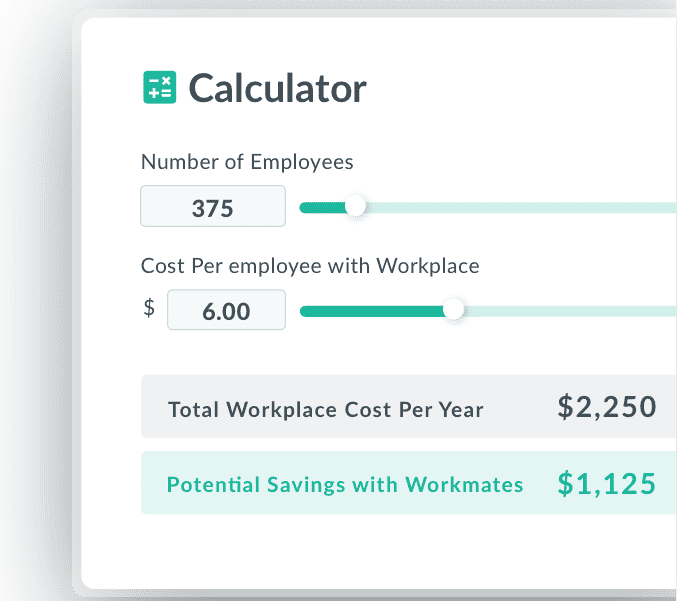6 Areas of Your Banking Business to Optimize in Order to Keep Your Best Talents

The so-called “Great Resignation” has severely affected the financial services industry, leaving banks and other financial institutions struggling to maintain growth. According to some estimates, this labor shortage is set to go on for several more years, straining the ability of banks to fill critical positions.
This has caused some institutions to widen their nets in search of talent. For instance, financial services giant JP Morgan recently caused a stir with its decision to hire more neurodivergent individuals and eliminate application questions about prior criminal records.
While it’s clear that banks have to try different strategies to attract qualified applicants, they should also consider finding ways to retain the talents they already have. By focusing on retention, banks can avoid the costs associated with employee attrition as well as the added cost of hiring externally.
Fortunately, most banks can decrease employee turnover by making a few critical optimizations. Optimizing the following areas should help your bank improve its employee retention as well as its bottom line:
Cash Flow
Few things can drive improved retention better than a generous compensation package. That said, many banks struggle to develop a cash flow robust enough to allow expanded salaries and benefits for all their employees.
One way banks could solve cash flow issues is by using current-generation profitability analysis software. Once set up, these software solutions can quickly identify opportunities for reducing business costs, thus contributing to a better cash flow without the bank needing additional clients or deposits. What’s more, these systems typically permit the automation of various business processes, saving on labor costs while ensuring the bank consistently makes the most profitable decisions.
Human Resources Processes
The efficiency of an organization’s human resources department can have a significant impact on its ability to retain high-performing employees. However, the financial industry’s staff shortage issue also affects their HR departments, leaving bank HR staff struggling to keep on top of their responsibilities.
Current-generation HR automation software may form part of the solution. Enterprise-level HR automation software can empower smaller HR teams to accomplish volumes of work that used to require much larger workforces. Apart from their obvious benefits in automating parts of the hiring process, these solutions could also enable better employee retention.
For example, some solutions can ramp up employee engagement through secure instant messaging and personalized intranets. When leveraged correctly, these tools can be central in improving motivation and creating the conditions necessary for employee retention.
Find Out How Much You Can Save by Switching to Workmates.
and save upwards of 60%

Professional Development
A lack of institutionally-supported professional development opportunities can very easily lead to ennui and job dissatisfaction which, in turn, could lead to early attrition. Additionally, employees who are not periodically upskilled may see their skills stagnate or become less relevant to the needs of their employer over time.
Professional development from continued programs and close mentorship can be key to significantly boosting your institution’s retention as well as its ability to hire new employees.
Professional development offers employees a reason to stay on and may even give high performers positive feelings towards their employer. Properly managed professional development programs are also seen as essential components of innovative, forward-thinking workplaces which makes them attractive to driven individuals. Thus, prioritizing professional development can be key to not only cultivating employee loyalty, but also to consistently attracting outside talent.
Employee Engagement
Highly-engaged employees are not only more likely to stay with an institution, but they are also significantly more productive. Engaged employees are also more likely to go above and beyond, be less susceptible to health issues, and drive innovation within organizations. Given this, improving employee engagement is key to not only retaining employees, but also ensuring they can consistently deliver high-quality output.

Achievement Recognition
Employees that are not consistently recognized will have little motivation to deliver more than the minimum required of them. Failing to recognize employee achievements will, in most cases, make them consider quitting.
Real employee attrition is not the only negative consequence of failing to recognize your team’s achievements. The so-called trend of quiet quitting where employees intentionally deliver the minimum expected of them has already started to negatively affect the financial services sector.
The increase in both quiet quitting and real resignations should be a wake-up call for banks and other organizations to be genuinely appreciative of their talents. While there is no one-size fits all formula for properly recognizing staff achievements, there are HR management tools, like performance management tools, available that will help banks and other organizations keep track of employee performance and milestones. Using these HR tools can help bank managers ensure that employees are consistently acknowledged, helping prevent serious retention issues.
Succession Planning
A lack of clear or rational succession planning can easily cause an organization to lose valuable high-performing employees. A 2018 study of bank employees found that turnover intentions (i.e. intentions to resign) were heavily influenced by the bank management’s approach to succession planning. A lack of succession planning may cause employees to feel less secure about their professional prospects within the institution, which may encourage them to seek other employment.

HR mistakes impact your entire organization. Learn how to avoid the 12 most common mistakes with our free ebook.
Download nowFor this reason, bank managers should strive to offer employees realistic long-term professional goals to work for. This will not only motivate more employees to stay on, but will also offer the bank a larger pool of qualified candidates for senior positions, should they become available. However, it should be noted that for succession planning to be effective, it has to be supported by a serious professional development program that trains employees in the skills they need to take on senior roles.
Unless the supply of qualified candidates picks up, banks will have to turn their attention inwards and focus on cultivating the talents they already have. By optimizing different areas of operation, banks may be able to achieve improved retention rates, mitigating or even solving the difficulties of hiring qualified employees in the current labor climate. As a major side benefit, addressing retention will almost certainly lead to an improved internal culture, which may be instrumental in attracting high-value job applicants in the future.
Author Bio:
This article is written by a marketing team member at HR Cloud. HR Cloud is a leading provider of proven HR solutions, including recruiting, onboarding, employee communications & engagement, and rewards & recognition. Our user-friendly software increases employee productivity, delivers time and cost savings, and minimizes compliance risk.
The 40 Best Thank You
Messages for Colleagues
building a positive and engaged culture at your company.

Keep Reading
Balancing Technology and the Human Touch in Employee Engagement
Companies are taking employee engagement very seriously because it is one of the ways of
Building Strong Teams: The Power of Team Bonding Exercises
Never overestimate the power of collaboration as a core element of effective team

